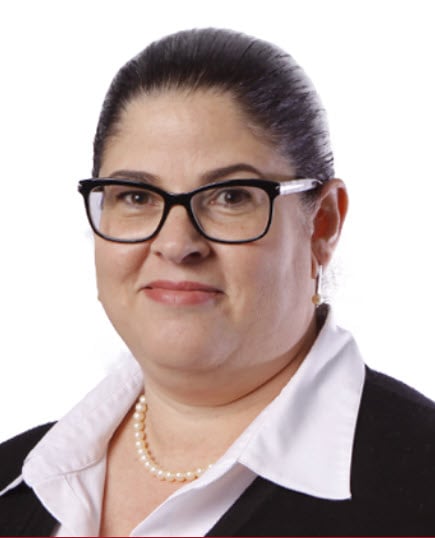In brief
On 1 June 2021, the President sanctioned Complementary Law 182/2021 (“Legal Framework for Startups“). The main goal of the new law is to promote and encourage innovative entrepreneurship in the country, focusing on the growth of startups as a path to economic, social, and environmental development; and the modernization of the Brazilian business environment. In addition, the new law promotes cooperation and interaction between the public and private sectors, between public entities and private companies, as fundamental relationships for the development of an innovative entrepreneurship ecosystem.
Amongst the main points of the new law, we highlight the following:
- Startups may receive investments from individuals or legal entities that may or may not result in equity participation in the startup (depending on the investment model chosen by the parties).
- Startups may also receive resources through companies that have obligations to invest in research, development and innovation arising from grants made by regulatory agencies.
- Agencies with competence in sector regulation, may separately or jointly participate in experimental regulatory environment programs (the regulatory sandbox) where they can set aside norms of their competence so that innovative companies can test innovative business models, techniques and technologies under the regulator’s supervision.
- A special type of bidding that enables the Public Administration to hire innovative solutions with or without technological risk has been introduced. It is up to the bidders to propose different means of solving the problem and allow public entities to carry out technological challenges.
- Startup companies whose operations are categorized by innovation applied to their business model, products or services, and with gross revenue of up to BRL 16 million in the previous calendar year, with up to 10 years of enrolment in the CNPJ (Tax Federal Registry), will now be considered.
- The law ratifies forms of investments to raise funds without integralization as part of the corporate capital, such as (i) the option to subscribe or sell a stake; (ii) debentures and convertible loans; (iii) structuring of partnerships; and (iv) angel investment agreements. It also establishes that the investor making investments in these modalities will not have voting rights or management control (unless such investments are converted into effective equity participation). It may, however, participate in the deliberations in an advisory capacity.
- The law considers an angel investor as someone who is neither a partner nor has any management or voting rights in the company’s administration, is not liable for any of the company’s obligations, and is remunerated for their contributions.
- The law also amends the Corporations Law (Law 6,404/76) to simplify certain procedures applicable to corporations with annual revenues of less than BRL 78 million. It incorporates in Complementary Law 123/2006 the provisions related to capital contributions made by angel investors in micro and small business and allows corporations to have only one officer (diretor), changing the rule that required the Board of Officers (Diretoria) to comprise at least two members.
The Legal Framework for Startups will come into force in early September 2021 and should be celebrated as a relevant move toward a more secure legal environment that encourages investment in innovative entrepreneurship.
Click here to access the Portuguese version.
Disclaimer:
“Trench Rossi Watanabe and Baker McKenzie have executed a strategic cooperation agreement for consulting on foreign law.”








